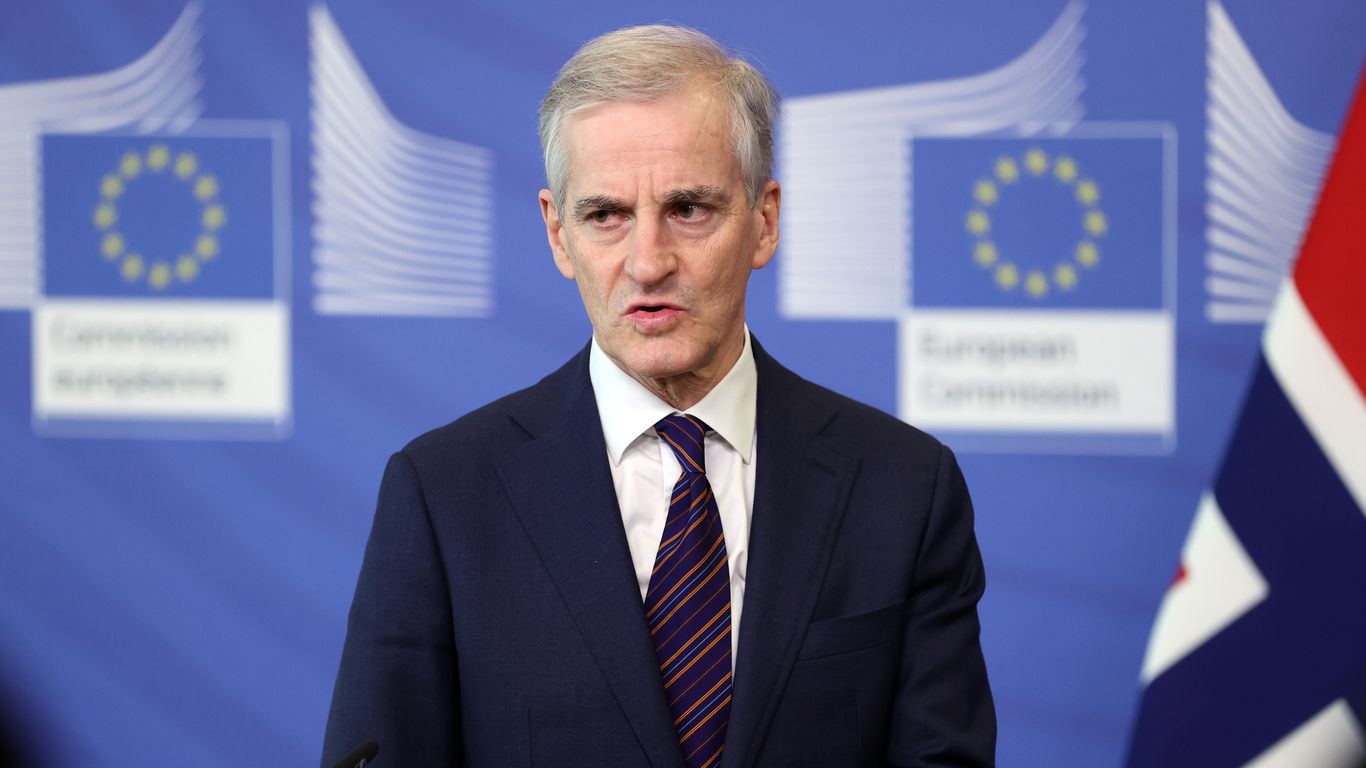Milton Friedman famously said, ‘Inflation is taxation without legislation.’ The impact of inflation — the overall increase in the prices in an economy — is felt by everyone. High inflation adversely affects the poor. Individuals, therefore, form expectations about how prices will behave in the future to take precautions. If they anticipate high inflation, they negotiate wages or rents to compensate against a potential fall in their purchasing power. Increased wages increase the cost of production, making expectations self-fulfilling and, therefore, playing a pivotal role in determining inflation.
The RBI released the Inflation Expectations Survey of Households (IESH) for March 2022 on April 8. The results on the inflation expectations are based on responses from around 6,000 urban households surveyed in 19 major cities. The release coincides with the completion of two years from the period of the first lockdown in March 2020. The last two years of surveys, therefore, capture individuals’ perceptions during the three waves of COVID-19. The survey results present interesting behavioural insights for public policy, particularly from a gender perspective.
High inflationary expectations
Central banks raise interest rates to ‘anchor’ high inflationary expectations when temporary price shocks, on account of drought or disruption in global supply chains, entail the risk of getting transmitted into actual inflation. To what extent can a raise in interest rates reduce high inflationary expectations? One must cautiously examine factors behind inflation expectations since any misreading could lead to perverse policy decisions.
A significant factor shaping perceptions on inflation are the prices that individuals observe in their daily lives, originally posited by Robert Lucas in his seminal Islands model. A recent study carried out by Acunto et al., 2020, validates that what agents frequently purchase, instead of those purchased infrequently, shape their perception of the general level of inflation. Goods purchased frequently such as groceries tend to be low-priced and highly volatile in comparison to those which are bought seldom. In other words, the prices of the lower-priced potatoes, milk, or apples frequently purchased shape the aggregate inflation expectations more than that of infrequent purchase of a high-priced car.. Therefore, generalising aggregate inflation expectations for making general views of prices in the economy could be misleading.
This insight has implications for gender-based differences in anticipating inflation in the future. Existing literature shows that women have higher inflationary expectations compared to men. Economic theories explain this divergence by stating that women are ‘more pessimistic’ than men, attributing the pessimism to the difference in their innate characteristics, lack of education, financial literacy, and preferences. However, a new study reveals that it is not the innate characteristics as much as the traditional gender roles that explain this divergence.
‘Natural experiments’
To test its validity, trends of Inflation Expectations Survey of Households (IESH) before and after the lockdown period present itself as a crude ‘natural experiment’. Natural experiments are real-life circumstances that can be studied to determine the cause-and-effect relationship among sections of people with different exposure levels to an assumed causal factor. The authors hypothesise that if traditional gender roles are the primary reasons behind the gender inflation expectation gap, then the lockdown-imposed work-from-home (WFH) arrangements or loss of employment should contribute in closing this gap. The logic: during the lockdown, people in urban areas lost jobs or remained at home, taking a relatively equal share in the frequent day-to-day purchases.
Two categories of occupations are studied here: homemakers (assumed to be dominated by women) and financial sector employees (assumed to be dominated by men). Looking at the trends of the RBI surveys for the period between March 2018 and March 2020, homemakers report higher inflation expectations than financial sector employees. However, this gap has narrowed over the last two years and has almost converged in March 2022. A possible explanation of closing of the gap could be the gradual ‘experience effect’ of male-dominated financial sector employees. Experience effect, contrary to Rational Expectations Theory that assumes individuals base their decisions on the information available to them, is based on the premise that actual personal experiences shape behaviour more than being informed about the outcome of the event. Focus therefore, could be shifted more on the microfoundations — understanding macroeconomic outcomes by studying factors that shape individual behaviour and decision making — for making better policy decisions concerning macroeconomic phenomena.
(Bhaskar J. Kashyap is Assistant Director, NITI Aayog. Dr. Arup Mitra is Professor of Economics, Institute of Economic Growth)
Note: This article have been indexed to our site. We do not claim legitimacy, ownership or copyright of any of the content above. To see the article at original source Click Here













